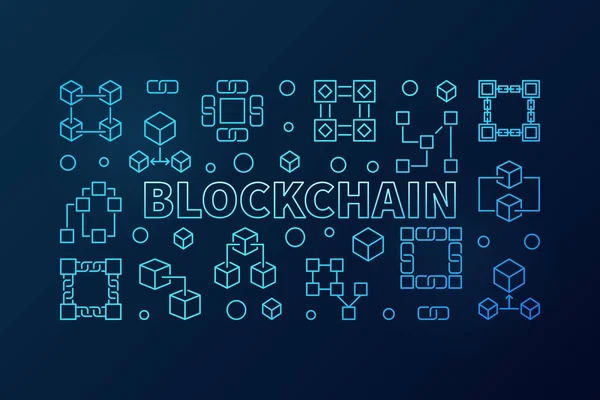The popularity of blockchain technology is increasing rapidly. This field is rapidly growing towards development and its relevance is also increasing day by day in our lives. The main purpose of introducing blockchain technology is to revolutionize the central financial system based on banks. But currently, it is being adopted in all dimensions including digital security, IT, healthcare, and entertainment. Furthermore, blockchain nodes are considered a fundamental element in any decentralized ledger. This is one of the reasons why you should be familiar with blockchain nodes, whether you are integrating a business on the blockchain or considering interacting with a company through this technology. Head over to our official website and take a look at our extensive guide on what you can purchase with Bitcoin, if you need some inspiration for your shopping list.
What is a blockchain node?
The exact definition of a blockchain node is found to differ from network to network depending on their purpose and type. A node, usually in the form of an electronic device, is exposed as part of a blockchain network and is also held by an IP address. Nodes normally only have the ability to function as communication endpoints, enabling users to communicate with and move around the network. However, it is not the case that all electronic devices act as blockchain nodes. Also, in contrast to popular belief, not all nodes carry out identical functions. For example, some nodes store transaction records, while others may not keep any records at all. However, you may find two or more types of nodes in the same blockchain network. In addition, Corda is also a variant of the blockchain by which, in general, two types of nodes are used: one involved in validating transactions and the other for clients.
Procedure for Nodes Help Secure a Blockchain?
The security of the blockchain can be estimated with the nodes. They synchronize the record of transactions as per the latest one executed on the network. However, as the count of nodes increases, it becomes difficult for hackers to attack and manipulate the data on the blockchain and thus the data remains undetected on the network. It becomes impossible for hackers to cross thousands of nodes and then erase the data. In addition to this, there could be some inherent problems such as system crashes, power outages, hacking, and data duplicity as well. Hence if a problem occurs on one node, then the other end of the node will clarify and ensure that the working is normal and users can access their resources at any time.
How do blockchain nodes work?
Being decentralized, it is considered essential for blockchain to have a mechanism to take decisions such as approving transactions in the network or any transactions connected to it. This can be achieved only when all these nodes work together and simultaneously communicate with each other. Furthermore, each blockchain as such comes with its own set of consensus rules. However, apart from these, there are some blockchains in which, the approval of a validator node is sufficient for the transaction to be fully processed. But there are some which require the approval of the entire committee of nodes to take a decision. Similarly, when it comes to changing the mechanism of functioning of a network, its vote is cast by all the nodes connected to the blockchain. Further, the approval of the majority of the nodes is considered essential for making any changes/upgrades.
Conclusion
In the case of the Internet, the role of blockchain nodes is similar to that of servers. Whether you are a developer or a user you must have an understanding of blockchain nodes. Because if you are planning to build businesses, with cost-effective and fast Dapps on the blockchain, then having this knowledge may be essential for you.



